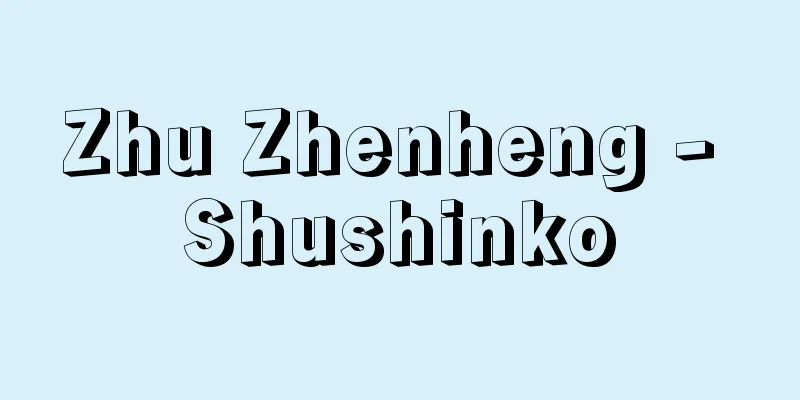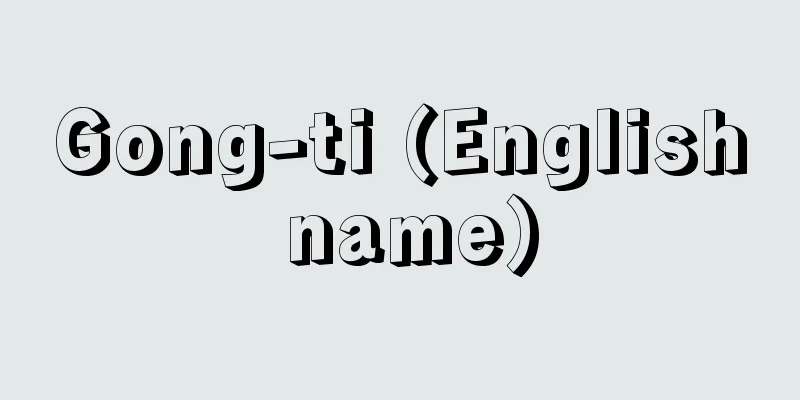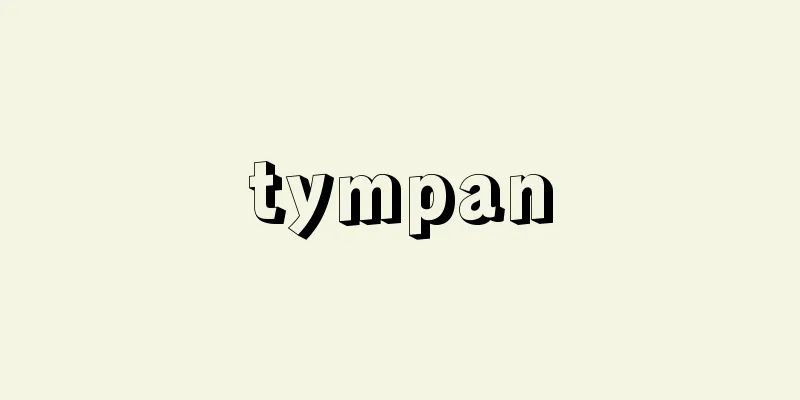Zhu Zhenheng - Shushinko

|
A Chinese physician. One of the four great masters of Jin and Yuan medicine. A native of Yiwu, Wuzhou (Jinhua County, Zhejiang Province). His pen name was Yanxiu and his pen name was Danxi. He loved learning from an early age, and after studying the Classics, he became a teacher of the Ju Ziye, who taught the sciences for the civil service examinations. He studied the teachings of Chengzi and Zhu Xi under Xu Qian (whose given name was Wen Yi) in the same county, but was encouraged by his teacher to study medicine, and as he himself had a medical background, he devoted himself to medicine. He first studied the Wazai Kyokuho (Prescriptions for He Drugs), but realized the need to also study the Su Wen (Su Wen) and Nan Jing (Nan Jing), and traveled around the country in search of a master teacher. He eventually became a disciple of Su Zhi Ti (1238-1327) of Wulin (Hangzhou, Zhejiang Province), where he was taught the medical sciences of Liu Hejian, Zhang Zihe, and Li Dongyuan. Zhu Zhenheng's main view in his studies was that "yang is in excess and yin is insufficient," and he placed importance on maintaining yin, and in clinical treatment, he advocated the use of medicines that nourish yin and reduce fire. For this reason, he is known as the "Nurturing Yin School (Nurturing Yin School)." Li-Zhu medicine, which combined the medical practices of Zhu and Li Dongyuan, was brought to Japan by Tashiro Sanki, who studied in the Ming Dynasty, and was inherited by Manase Dosan, and was called the later school. Zhu's works include "Gechi Yoron," "Kyokuho Kaihatsu," "Shanghan Bengi," "Honzo Engi Fu," and "Dankei Shinpo." [Yamamoto Noriko] [References] | | | | | |Source: Shogakukan Encyclopedia Nipponica About Encyclopedia Nipponica Information | Legend |
|
中国の医家。金元医学(きんげんいがく)の四大家の一人。婺州(ぶしゅう)義烏(ぎう)(浙江(せっこう)省金華県)の人。字(あざな)は彦脩(げんしゅう)、丹渓(たんけい)と号した。幼時から学問を好み、経学を修めて官吏の登用試験のための学問を教える挙子業(きょしぎょう)となった。同郡の許謙(諱(いみな)は文懿(ぶんい))について二程子・朱子の学を学んだが、師に医学を学ぶことを勧められ、また彼自身、医学の素養もあったことから医学に専心した。初め『和剤局方(わざいきょくほう)』を学んだが、『素問(そもん)』『難経』の会得の必要を知り、名師を求めて各地を歴遊、ようやく武林(浙江省杭州(こうしゅう))の罹知悌(らちてい)(1238―1327ころ)に入門し、劉河間(りゅうかかん)・張子和(ちょうしわ)・李東垣(りとうえん)らの医学を授けられた。朱震亨の学問上の主要な見解は「陽は余りがあり、陰は不足している」というもので、陰分の保養を重要視し、臨床治療では、滋陰・降火の剤を用いることを主張した。このため「養陰派(滋陰派)」といわれる。朱と李東垣との医学をあわせた李朱医学は、明(みん)に留学した田代三喜(たしろさんき)が日本に伝え、曲直瀬道三(まなせどうさん)に継承され、後世派(ごせいは)とよばれた。朱の著書には『格致余論』『局方発揮』『傷寒弁疑』『本草衍義(ほんぞうえんぎ)補』『丹渓心法』などがある。 [山本徳子] [参照項目] | | | | | |出典 小学館 日本大百科全書(ニッポニカ)日本大百科全書(ニッポニカ)について 情報 | 凡例 |
Recommend
Ectotherapy
...not only their morphology but also their ecolo...
Fragaria nipponica (English name) Fragarianipponica
…[Masao Yamashita]. … *Some of the terminology th...
Law - Law
〘Noun〙[一] ( Hafu )① Something that governs a certa...
Eutrophication - Eutrophication
Generally, this refers to the phenomenon in which...
Gitoxin
…The English physician William Withering, who lea...
Metal Western-style tableware
...Population: 43,589 (1995). Famous for producin...
Lega, S. (English spelling) LegaS
…They also liked extremely long horizontal painti...
Estate in bankruptcy
The total assets of a bankrupt person to be distri...
Bundelkhand (English spelling)
The name of a region in northern India, spanning t...
ḍiyāfa (English spelling) diyafa
…Before the Russian Revolution, the homes of Russ...
Leadville
…It was discovered by gold prospectors, but was m...
engagement - engagement
〘 noun 〙 A promise of marriage. Especially in the ...
Administrative affairs - gyoseijimu
This was the concept before the decentralization ...
Allium karataviense (English spelling) Alliumkarataviense
…[Tora Saburo Kawabata]. … *Some of the terminolo...
Sano Tsunetami - Sano Tsunetami
A politician of the Meiji period, and the founder...









